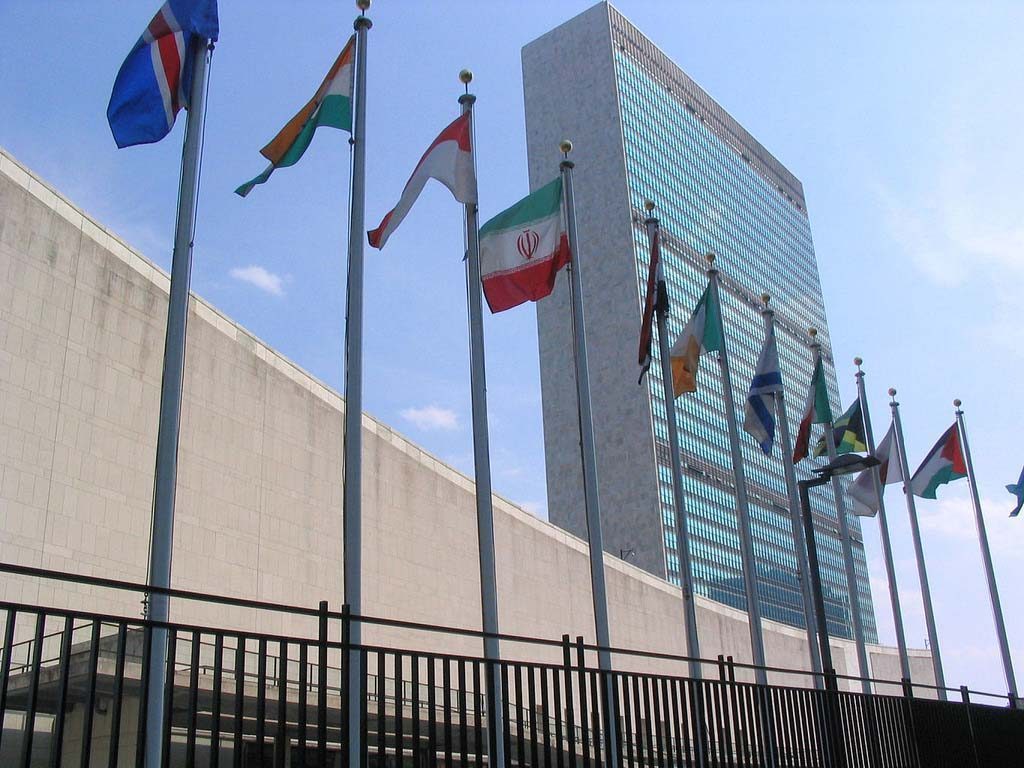
In response to calls from several other countries at a recent United Nations session, Qatar has said it does not have any plans to grant full citizenship to the children of Qatari mothers and non-Qatari fathers.
Citizenship is passed down differently for male and female nationals in Qatar. Children with a Qatari father receive citizenship, but babies born to a Qatari mother and foreign father do not.
On Friday, the UN Human Rights Council completed its periodic review of Qatar’s human rights record – a process that nearly 50 countries undergo each year.
In total, other nations made some 183 recommendations on how Qatar could improve its performance, including the ratification of various international treaties and passing laws to better protect migrant workers, among others.
Qatar rejected 38 of those suggestions, including four – submitted by France, Greece, Mexico and Norway – to grant citizenship to the children of Qatari women and foreign men.
In his opening remarks, Sheikh Mohammed bin Abdulrahman bin Jassim Al-Thani – Qatar’s assistant minister for international co-operation affairs – did not address the issue directly, but offered a general explanation for why the Gulf country couldn’t accept some recommendations:
“The state of Qatar could not accept a number of them in full because they contained items that are incompatible with the provisions of Islamic law, Qatar’s constitution or because they touch upon the national identity.”
Half-Qataris
Calls to reform the country’s citizenship laws have been circulating for several years. While human rights organizations argue it’s an issue of equality, others have focused on the practical implications for the children of Qatari mothers and non-Qatari fathers living in this country.
In a 2011 report, the Peninsula noted that they are treated as foreigners and must periodically renew their residency permits. They are denied privileges such as free electricity and water, subsidised food products and free education, as well as many of the government jobs set aside for nationals.
More recently, a debate on Twitter explored how the country’s citizenship laws affect the self-identity of so-called “half-Qataris.”
Amal Al-Malki – a university professor born to a Qatari father and a Lebanese mother – started the online discussion in June and told Doha News at the time that she believed some “half Qataris” are sidelined due to an “anxiety” about foreigners within the community:
“Modernity has brought in an influx of foreigners to the country, making us a minority in our own land. We have developed an anxiety from non-Qataris unfortunately, and we tend to preserve our culture through making it hard for outsiders to ‘invade’ it. We speak of purity of lineage and cultural cohesion as if we live in an island of our own.”
Migrant rights
Gender equality was only one of a wide range of Qatar-related issues raised at last week’s UN session.
Roughly two dozen recommendations dealt with migrant workers and Qatar’s kafala sponsorship system, which is routinely blamed for enabling the abuse of laborers in this country.
Employers currently wield significant power over foreign workers and can prevent them from changing jobs and leaving the country.
In May, government officials proposed several changes to the country’s labor laws. While ministers often speak of replacing kafala with “employment contracts,” the proposals would still include restrictions on changing jobs, and mechanisms that allow sponsors to object to foreigners leaving the country.
While the legislation is still being considered and may not be implemented until next year, the government has used the proposals to fend off criticism in international forums about the abuse of migrants in Qatar.
At the UN last week, Al-Thani reminded the Human Rights Committee of Qatar’s “intentions to undertake considerable reforms” to protect migrant laborers.
Qatar said it accepted calls by Costa Rica to “consider abolishing the kafala system for all migrant workers and eliminating the exit permit system,” as well as Australia’s suggestion to “remove the requirement in the law on sponsorship for foreign nationals to obtain the permission of their current employer before moving jobs or leaving the country,” among others.
However, Qatar rejected a recommendation from the Czech Republic to protect individuals’ right to freely associate, as well as a more explicit suggestion from Spain to permit trade unions – something labor advocates have said will lead to improved living and working conditions for expats.
Some of the country’s business leaders have said the lack of unions gives companies in Qatar a competitive advantage.
Last week, Qatar Airways CEO Akbar al Baker told Bloomberg that he “feels sorry” for his counterpart at German airline Lufthansa, which has experienced several recent strikes and threats of labor action.
“I’m sure he envies me very much, because we don’t have to take the crap of the unions.”
Al-Thani said Qatar plans to apply for a seat at the UN Human Rights Council for the 2015-17 term, a position it’s held twice in the past.
Thoughts?







